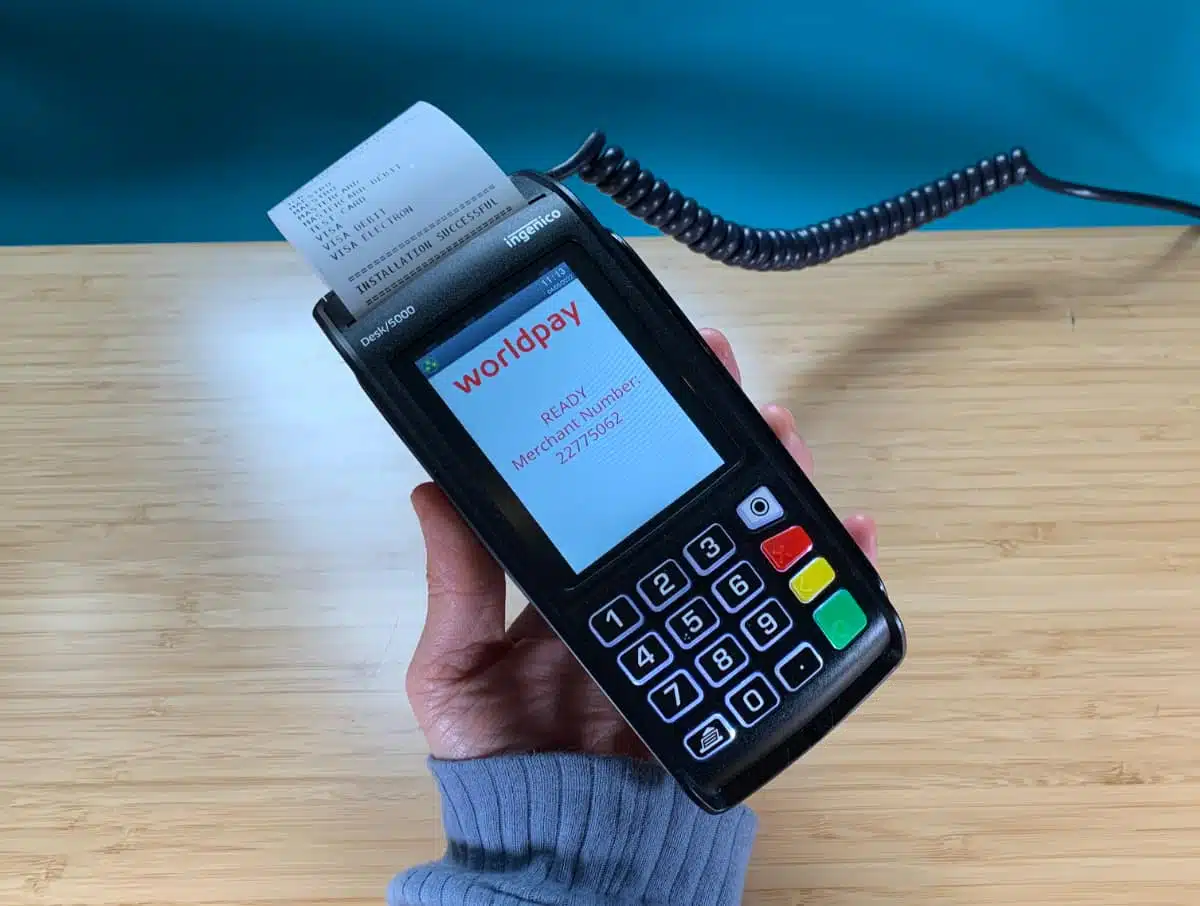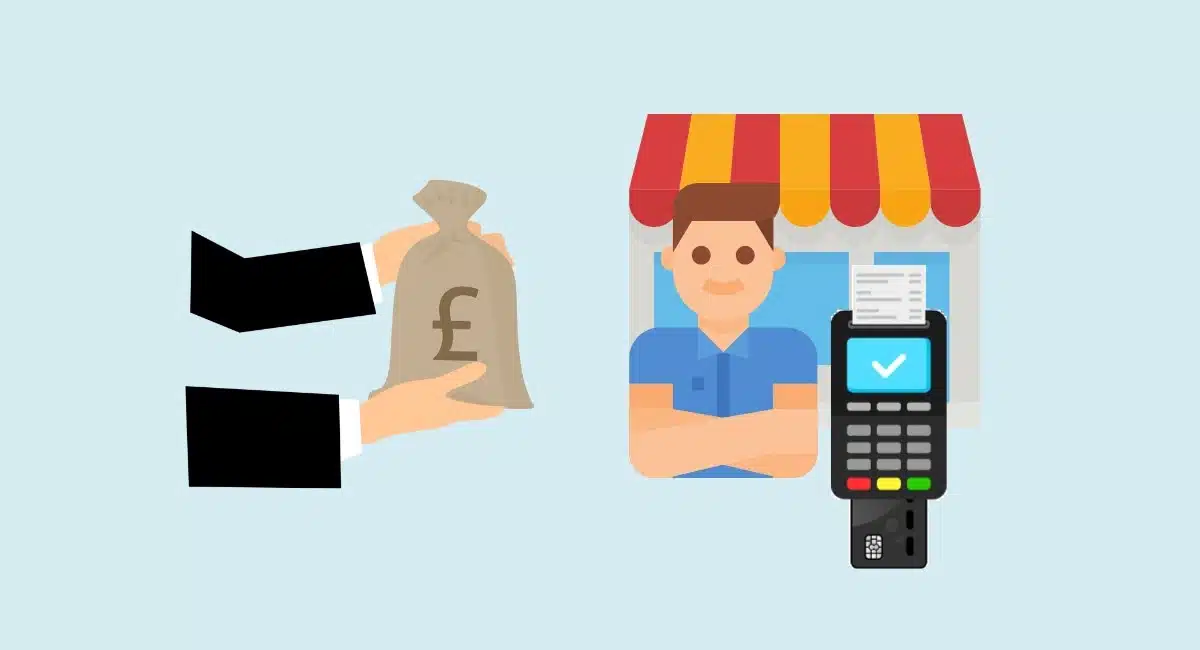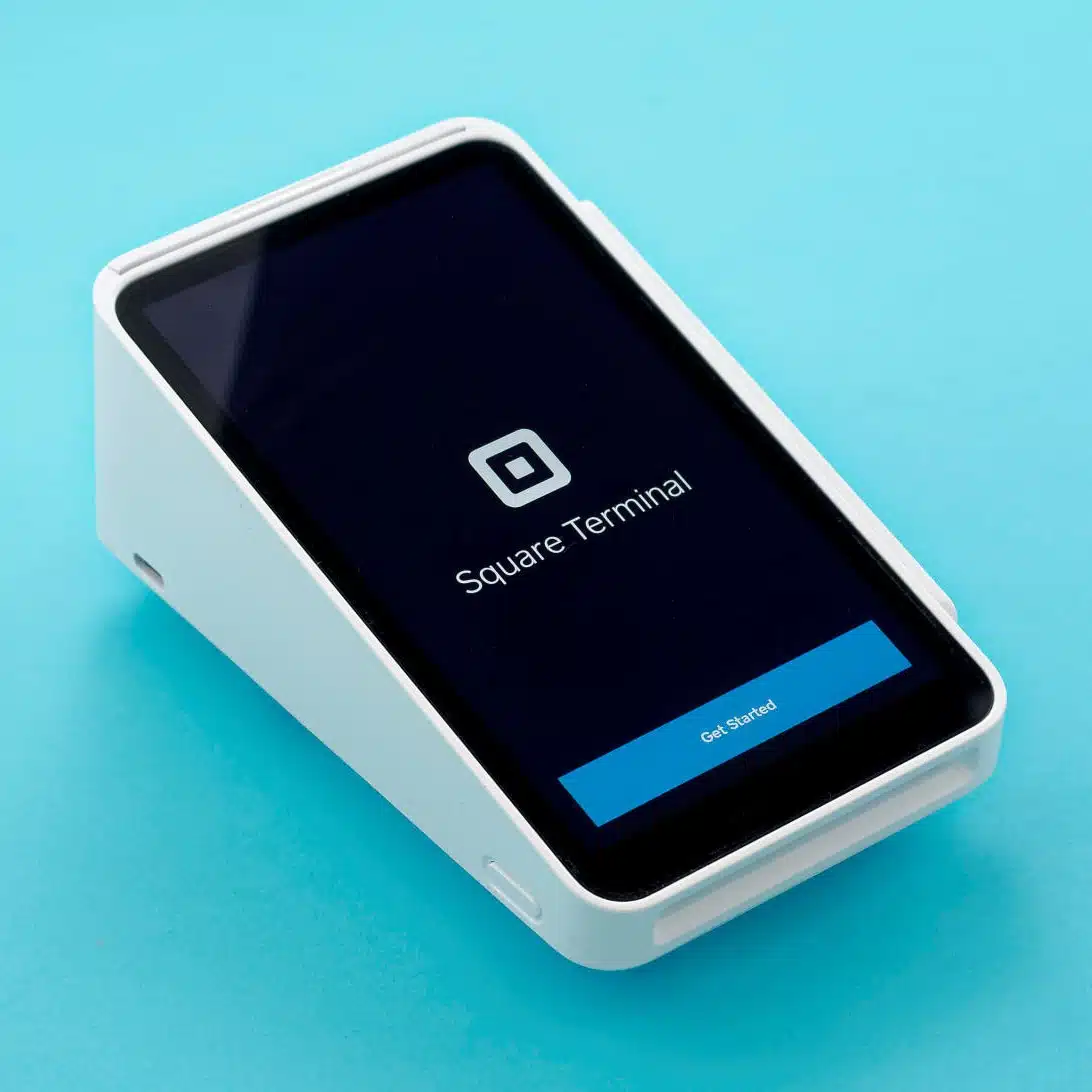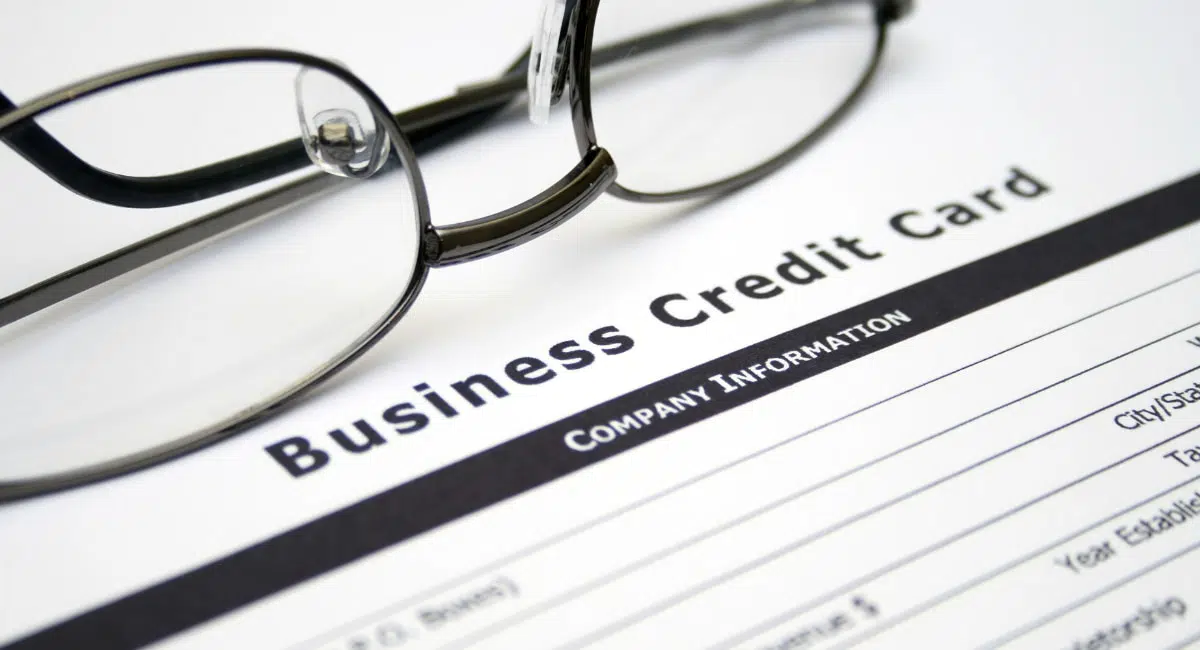Cash flow can be a challenge for small businesses. Merchant cash advance loans (MCAs) are one way to secure capital in a pinch.
With this type of alternative financing, the money you borrow is paid back directly through your business’s takings.
These products can be handy for small businesses that need a cash injection — allowing business owners to pay for expenses today against tomorrow’s earnings.
What is a cash advance?
Merchant cash advance loans, sometimes called business advance loans and revenue financing, are not loans at all. They’re advance payments made by the lender on the borrower’s future sales.
This type of financing is increasingly popular with small business owners who may face challenges securing or waiting for traditional business financing.
There are no limitations on what the money can be spent on. Stock, wages, bills, rent — these are all legitimate uses for this type of product.
Many merchant service providers offer this service. Depending on the product, repayments may be made through in-person or online card sales, electronic sales made through e-wallets, or a combination of these.
Merchant cash advances on card machines
With advance loans on card sales, the borrowed amount is paid off through credit and debit card payments made with the business’ PDQ machine. With these products, it is not possible to make repayments through any other means.
Unlike regular bank loans, lenders base their rates on the business’s history of card takings.
How does it work?
When you apply, the lender uses information about your business to decide whether to grant the advance and how much money they are willing to put forward.
In general, the longer your business has been running and the more money it takes in card payments, the better terms you’ll be offered.
Repayments are made directly from card payments made to the business. Depending on the terms, repayments may be deducted daily, weekly, or on some other schedule.

You may also like:
What is the difference between a cash advance and a business loan?
Who can qualify?
Provided your business has a strong history of taking card payments, you’ve got a good chance of being approved.
Lenders have their unique formulas for deciding their rates and terms, but they’ll all look at:
- how long your business has been operating
- what industry your business is in
- how much money you take in card payments per month
- how regular these card payments are
- the proportion of new versus regular customers.
Most lenders require your business to have been operating for at least six months. Some may require a year or more of trading, and others accept businesses with as little as four months in operation.
Emily Sorensen, Mobile Transaction

A Worldpay card machine contract could give you access to a cash advance.
Your credit score shouldn’t affect your eligibility for a cash advance.
The cost
These products are not cheap, but the repayment structure is easy to understand and simple to keep on top of.
The rate you’ll pay is determined by the lender based on their assessment of your business.
Traditional bank loans use annual percentage rates (APRs) to express the cost of the loan. This is a percentage over a year. Cash advance products usually come with a one time fixed fee amount rather than an interest rate. You usually pay back a fixed percentage rate of your sales deducted towards the loan— typically 10%–20%, although rates can be higher — or, more rarely, a factor rate.
So, with a rate of 10% charged daily, 10% of each day’s card sales go towards repaying the amount, and 90% goes to you.
A word of caution
Alternative finance products are not always regulated by the Financial Conduct Authority (FCA). This means that if you have complaints or face problems with your provider, you could be on your own.
What are the options?
First, check with your merchant service provider whether it offers this service. You’ll likely find the best rates this way.
Remember that your options may be limited by your business type, how long you’ve been operating, and your monthly card takings.
Merchant service providers
This is not an exhaustive list, but if you use any of the following companies for your card payments you may have access to a cash advance.
Barclaycard
If you use Barclaycard for your card payments, you could be eligible for their advance product, provided by Liberis.
Shopify
Shopify offers advances to selected merchants through its Shopify Capital arm. It’s not possible to apply for capital directly — Shopify will notify you when you qualify.
Square
Square Loans are available on an invite-only basis to Square merchants. Despite the name, this product is an advance, not a loan.
Square
Square Loans are available on an invite-only basis to Square merchants. Despite the name, this product is an advance, not a loan.
Worldpay
Worldpay merchants who take more than £1000 in card payments across at least ten transactions per month can apply for funding, provided by Liberis.
Other lenders
Liberis
Liberis partners with many financial and merchant service providers but you can also apply for funding directly through the company.
365 Business Finance
If your business has been trading for at least six months and takes a minimum of £10,000 per month in card payments, you can apply for funding from 365 Business Finance.
Take-home on merchant cash advance loans
These products are one way for business owners to inject capital for everyday expenses. Although expensive, when used sensibly a cash advance can be a valuable tool for small business owners.
There is a huge range of options when choosing a lender. If your merchant services provider offers this service, start there. If not, shop around and do thorough research.




